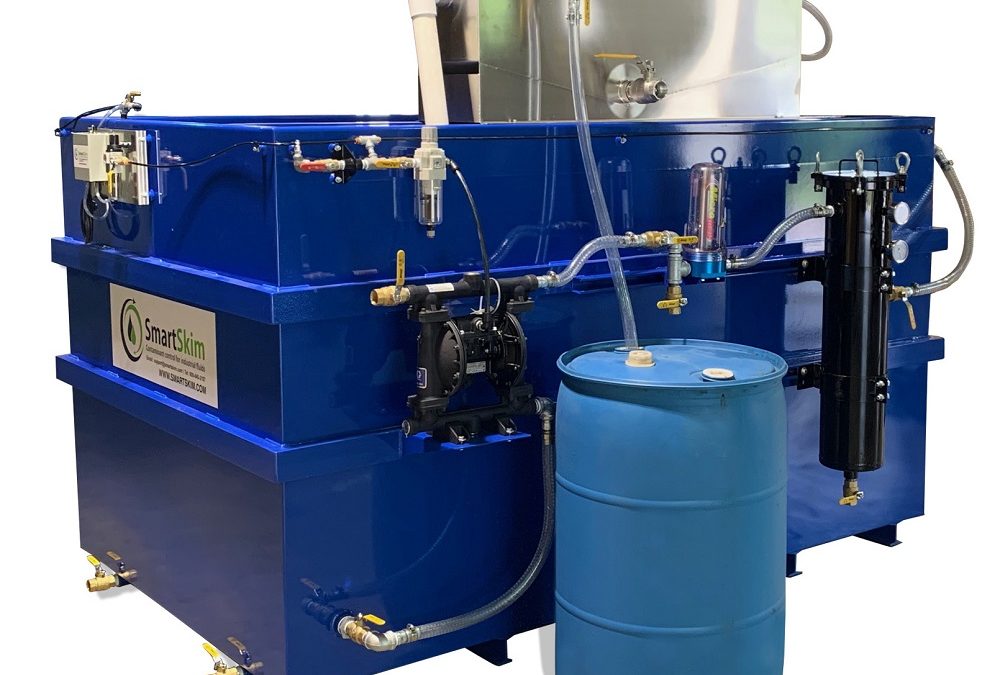
Sustainability is an important metric for the manufacturing industry. In fact, over the past decade, consumers and the media have focused on the impact of industrial operations on local communities.
That explains why we’ve seen manufacturers start to develop “greener” or more eco-friendly cutting fluids consisting of biobased ingredients. Innovations in metalworking fluids, such as those exhibited in TRIM™ HyperSol™ 888NXT, can lead to an improvement in an operation’s environmental footprint. Coolant conservation and disposal are just as important, too. Here’s what you should know:
All coolant solutions will one day be disposed of or run through wastewater treatment, so one of the key components of a sustainable metalworking operation is coolant management. Proper coolant management means cutting fluids last longer and requires less frequent disposal. For example, changing out well-managed coolant once per year instead of replacing poorly maintained fluids every three to six months can help metalworking shops become more sustainable and environmentally friendly.
“How long does your cutting fluid last?”
When we first begin working with a new customer, this is one of the first questions we ask. We then consult with operators on coolant best practices to help them extend the life of their current solutions as long as possible.
The takeaway here is: Monitoring and managing cutting fluid concentration are important practices.
That’s why we help operators restructure their daily workflow, so coolant levels are checked every morning. Too low of a fluid concentration might affect machine performance, reduce tool life, and increase coolant change frequency. Having too high of a concentration might waste material, driving up an operation’s cost and leading to a greater environmental footprint.
Using a refractometer daily and adjusting coolant concentration are powerful sustainability procedures you can implement right now. Plus, fluid mixers can further eliminate human error in maintaining specific concentrations.
After properly managing fluids, the next recommendation is to invest in equipment that keeps coolant clean.
Filtration systems extend sump life by removing fine particles generated from metalworking, helping keep coolant cleaner for a longer period.
When fluids do get dirty, tools such as oil skimmers can remove tramp oil from the surface, preventing bacteria growth that shortens coolant life and requires more concentrate use. For machines that are constantly in motion, coalescers or disc-bowl centrifuges can be deployed to remove tramp oil without slowing operations.
Sump clean-out systems will help operators remove sludge and other contaminants below the surface that have made it past the filters, too.
To reach maximum coolant life, there are systems designed for recycling coolants so they can be used repeatedly before final disposal.
For manufacturers with a high enough production volume, coolant recycling systems can drastically reduce costs and environmental waste. In addition, the recycling process can repair a coolant to like-new condition when done properly. However, these systems can be expensive and require maintenance, so a shop should weigh the pros and cons.
Implementing any of these sustainability practices in your metalworking operation can extend coolant life.. Replacing cutting fluids once per year instead of every few months will drastically reduce your environmental footprint — as well as your operating costs. Many plants see their coolant use reduced by 25 to 40 percent simply by regular cleaning or implementation of a coolant management program and equipment.
To learn more about making your metalworking operation more eco-friendly, email us at [email protected].